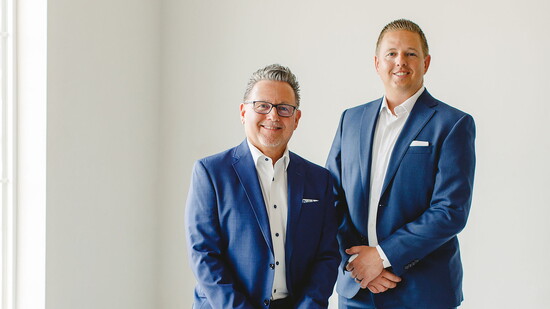Deciding when to retire is one of the most important financial and lifestyle choices you’ll make. While some people dream of retiring early, others enjoy working well into their later years. The right retirement age depends on a variety of factors, including financial readiness, health, lifestyle goals and personal preferences.
1. Financial Readiness: Can You Afford to Retire?
One of the biggest factors in deciding when to retire is whether you have enough money to support yourself. Here are key questions to ask:
• Do you have enough savings? Financial experts suggest having at least 25 times your annual expenses saved in retirement accounts.
• Will you have enough income? Consider Social Security benefits, pensions, investments and other sources of income.
• What are your expected expenses? Your cost of living may change in retirement. Factor in housing, healthcare, travel and hobbies.
• Have you accounted for inflation? Prices rise over time, so your money needs to last longer than you think.
2. Social Security and Pension Benefits
If you are counting on Social Security, your benefits will vary depending on when you start collecting them.
• At 62 (earliest age): You can claim benefits, but they will be reduced by about 30%.
• At full retirement age (67 for most people born after 1960): You receive your full benefit amount.
• At 70 (maximum benefits): If you delay claiming, your benefits grow by about 8% per year.
Pensions work differently, so check with your employer to understand how long you need to work to receive full benefits.
3. Health and Longevity
Your health plays a crucial role in when you should retire. Ask yourself:
• Do you have any chronic health conditions? If so, you might want to retire earlier to focus on your well-being.
• How long do people in your family typically live? If your family has a history of longevity, you might plan for a longer retirement.
• Will you have adequate health insurance? Medicare starts at age 65, so retiring earlier means you’ll need to cover your own health insurance.
4. Lifestyle Goals: What Do You Want to Do?
Retirement isn’t just about quitting work—it’s about what you’ll do with your time. Consider:
• Do you want to travel? Traveling can be expensive, so plan accordingly.
• Do you have hobbies or volunteer interests? Staying active and engaged can improve your quality of life.
• Will you downsize or relocate? Some retirees move to lower-cost areas or closer to family.
5. Emotional and Psychological Readiness
Many people underestimate the emotional side of retirement. Work provides structure, purpose, and social connections. Ask yourself:
• Do you enjoy your job? If so, working longer might be fulfilling.
• Are you ready for a new routine? Some retirees struggle with boredom if they don’t plan their days.
• Do you have a strong social network? Having friends and activities outside of work can ease the transition.
So, When Should You Retire?
There’s no perfect age for retirement—it depends on your finances, health, goals and readiness. Some people retire in their 50s with careful planning, while others work into their 70s by choice or necessity. The key is to retire when you feel financially secure, emotionally ready, and excited for your next chapter.
Before making a final decision, talk to a financial advisor and create a retirement plan that aligns with your lifestyle and long-term needs.
Dustin W. Schofield is a managing partner at Schofield Wealth Management in St. George and may be contacted at 435.674.3601.
There's no perfect age for retirement ...
